
J. Robert Oppenheimer was an American theoretical physicist. He was director of the Manhattan Project's Los Alamos Laboratory during World War II and is often called the "father of the atomic bomb".
The Duff Cooper Prize is a literary prize awarded annually for the best work of history, biography, political science or occasionally poetry, published in English or French. The prize was established in honour of Duff Cooper, a British diplomat, Cabinet member and author. The prize was first awarded in 1956 to Alan Moorehead for his Gallipoli. At present, the winner receives a first edition copy of Duff Cooper's autobiography Old Men Forget and a cheque for £5,000.

Raymond Thayer Birge was an American physicist.

Gordon Gray was an American attorney and government official during the administrations of Harry Truman (1945–53) and Dwight Eisenhower (1953–61) associated with defense and national security.
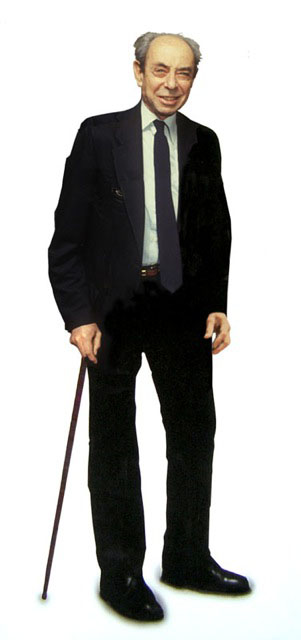
Frank Friedman Oppenheimer was an American particle physicist, cattle rancher, professor of physics at the University of Colorado, and the founder of the Exploratorium in San Francisco.
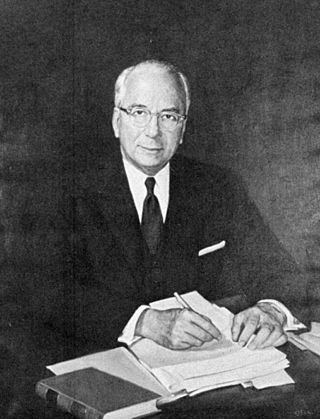
Lewis Lichtenstein Strauss was an American government official, businessman, philanthropist, and naval officer. He was one of the original members of the U.S. Atomic Energy Commission (AEC) in 1946, and he served as the commission's chairman in the 1950s. Strauss was a major figure in the development of nuclear weapons after World War II, nuclear energy policy, and nuclear power in the United States.
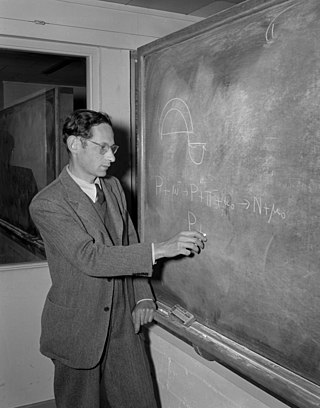
Robert Serber was an American physicist who participated in the Manhattan Project. Serber's lectures explaining the basic principles and goals of the project were printed and supplied to all incoming scientific staff, and became known as The Los Alamos Primer. The New York Times called him “the intellectual midwife at the birth of the atomic bomb.”
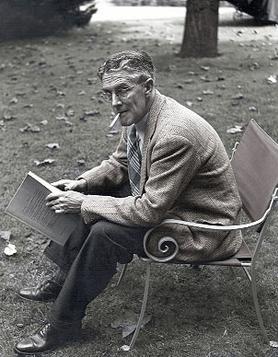
Henry DeWolf "Harry" Smyth was an American physicist, diplomat, and bureaucrat. He played a number of key roles in the early development of nuclear energy, as a participant in the Manhattan Project, a member of the U.S. Atomic Energy Commission (AEC), and U.S. ambassador to the International Atomic Energy Agency (IAEA).

Jean Frances Tatlock was an American psychiatrist. She was a member of the Communist Party USA before it was banned and criminalized in the 1950s and was a reporter and writer for the party's publication Western Worker. She is also known for her romantic relationship with J. Robert Oppenheimer, the director of the Manhattan Project's Los Alamos Laboratory during World War II.
Ray Monk is a British biographer who is renowned for his biographies of Ludwig Wittgenstein, Bertrand Russell, and J. Robert Oppenheimer. He is emeritus professor of philosophy at the University of Southampton, where he taught in various capacities from 1992 to 2018.

The Mandelbaum Gate is a former checkpoint between the Israeli and Jordanian sectors of Jerusalem, just north of the western edge of the Old City along the Green Line. The first checkpoint for the Hashemite Kingdom of Jordan/Israel Mixed Armistice Commission at the Mandelbaum Gate, from the close of the 1948 Arab–Israeli War in 1949 until August 1952, was moved from the Israeli side of the Gate to the Demilitarised Zone after the "Barrel Incident". The second checkpoint existed until the 1967 Six-Day War. The Gate became a symbol of the divided status of the city.

Martin Jay Sherwin was an American historian. His scholarship mostly concerned the history of nuclear weapons and nuclear proliferation. He served on the faculty at Princeton University, the University of Pennsylvania, the University of California, Berkeley, and as the Walter S. Dickson Professor of English and American History at Tufts University, where he founded the Nuclear Age History and Humanities Center.
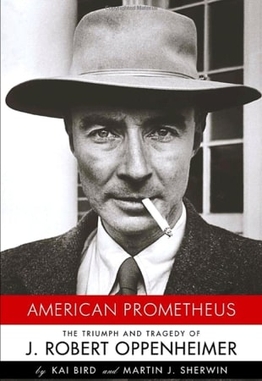
American Prometheus: The Triumph and Tragedy of J. Robert Oppenheimer is a 2005 biography of theoretical physicist J. Robert Oppenheimer, the leader of the Manhattan Project which produced the first nuclear weapons, written by Kai Bird and Martin J. Sherwin over a period of 25 years. It won numerous awards, including the 2006 Pulitzer Prize for Biography or Autobiography.

The Oppenheimer security hearing, conducted by the United States Atomic Energy Commission (AEC) over four weeks in 1954, explored the background, actions, and associations of J. Robert Oppenheimer, the American scientist who directed the Los Alamos Laboratory during World War II as part of the Manhattan Project to develop the atomic bomb. The hearing resulted in Oppenheimer's Q clearance being revoked. This marked the end of his formal relationship with the government of the United States, and generated considerable controversy regarding whether the treatment of Oppenheimer was fair, or whether it was an expression of anti-communist McCarthyism.
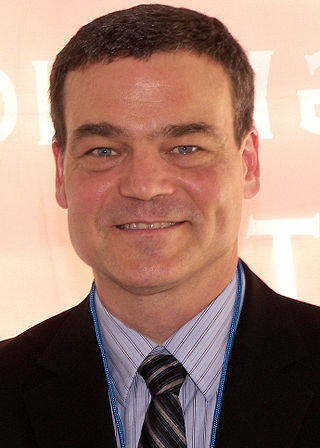
T. J. Stiles is an American biographer who lives in Berkeley, California. His book The First Tycoon: The Epic Life of Cornelius Vanderbilt won a National Book Award and the 2010 Pulitzer Prize for Biography or Autobiography. His book Custer's Trials: A Life on the Frontier of a New America received the 2016 Pulitzer Prize for History.

Biographers International Organization (BIO) is an international, non-profit, 501 (c)(3) organization founded to promote the art and craft of biography, and to further the professional interests of its practitioners. The organization was founded in 2010 by a committee of noted biographers, led by James McGrath Morris, who served as BIO's first Executive Director. The president of BIO as of 2019 is Linda Leavell. The executive director as of 2020 is Michael Gately.
Ruth Tolman was an American psychologist and professor. She is known for her work on post-traumatic stress disorder and for her close relationship with J. Robert Oppenheimer, head of the Manhattan Project.
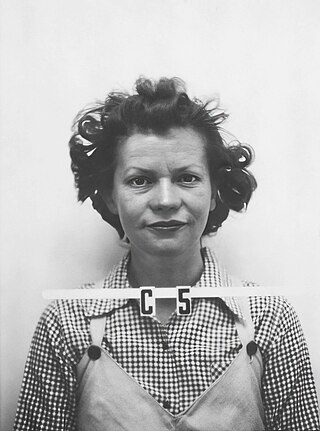
Katherine Vissering Oppenheimer was a German American biologist, botanist, and a member of the Communist Party of America. Her husbands were Frank Ramseyer, Richard Stewart Harrison, and physicist J. Robert Oppenheimer. The lattermost served as the director of the Manhattan Project's Los Alamos Laboratory during World War II.

The Thomas J. Watson Foundation is a charitable trust formed 1961 in honor of former chairman and CEO of IBM, Thomas J. Watson. The Foundation's stated vision is to empower students “to expand their vision, test and develop their potential, and gain confidence and perspective to do so for others.” The Watson Foundation operates two programs, the Thomas J. Watson Fellowship and the Jeannette K. Watson Fellowship.

William Liscum Borden was an American lawyer and congressional staffer. As executive director of the United States Congress Joint Committee on Atomic Energy from 1949 to 1953, he became one of the most powerful people advocating for nuclear weapons development in the United States government. Borden is best known for having written a letter accusing physicist J. Robert Oppenheimer of being an agent of the Soviet Union, an accusation that led to the Oppenheimer security hearing of 1954.

















